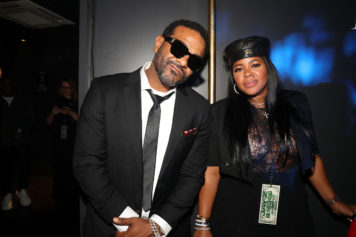I’ve been following a lot of the conversations in various circles about creeps, both online and in various communities I move through, and I’m really glad that this topic is getting more traction. I know that it’s a tough thing to bring up, for a variety of reasons, but until something gets brought into the light, it’s not going to change.
Creepiness ends up affecting all of us, regardless of gender or sexual orientation, and it’s especially challenging for male-female interactions. Plenty of women have articulately described how annoying it is for them, though so far, I’ve seen far fewer men talk about how it affects us.
It’s important for guys to be talking about this, too. Given the very scary possible consequences for women when men approach them, I think it’s entirely reasonable for someone to assume that a random guy hitting on her is a possible predator until he demonstrates otherwise.
I understand that that creates a frustrating situation- after all, who likes to have to prove their good intentions? And it’s also one of the many ways in which sexism and misogyny make things harder for men. If you want that to change, work to change things. Don’t complain that women don’t assume you’re a good guy. Their reasons for not doing so are useful protective measures in a world that sets them up as targets to be harassed, groped, and assaulted while simultaneously blaming them for it. You’d do the same thing in their shoes.
What Does “Creepy” Mean?
As far as how we can change things, one piece that I think we need to look at is what makes someone a creep. I’ve heard lots of women say things like, “I just know it when I see it,” which doesn’t offer much to work with. Unless we can pin down some of the things that prompt that reaction, it’s not likely to change.
Sure, it’s sort of cute to watch a cat inch up every time the camera looks away. And I think that illustrates one of the common ways that creeps act. It’s the constant testing of limits, whether that’s moving into someone’s personal space, touching them without permission, getting permission for one kind of touch and then moving past that, and so forth, that makes it creepy. It’s because they keep looking for ways to creep past the boundaries. It creates a no-win situation for the recipient. If she doesn’t say anything, the creeping continues. If she does, he can claim that he didn’t mean anything, or that she misunderstood, or call her a bitch and attack her verbally or physically.
Instead of being up front about it, a creep can push things and then claim innocence when he’s called on it, especially since plenty of people will ask her what she did to prompt it instead of asking him…
Read more: Charlie Glickman


